Description
Debra Alvis – 2-Day Intensive Training: Mindfulness Certification Course
- Faculty:
- Debra Alvis
- Duration:
- 12 Hours 34 Minutes
- Format:
- Audio and Video
- Copyright:
- Oct 06, 2020
Description
This 2-day Certification training is your chance to become a Certified Mindfulness-Informed Clinician – Level 1 (CMC-1) and get the skills and guidance you need to successfully incorporate mindfulness practices into your treatment plans!
And unlike other Mindfulness Certification programs that are too expensive, too time consuming, and require extensive travel, this training is completely within your reach!
Dr. Debra Alvis is a clinical psychologist and expert on mindfulness who developed the Mind/Body Program at the University of Georgia. Dr. Alvis lectures and leads retreats around the world and her trainings have helped thousands of clinicians to integrate the richness of Mindfulness into therapy for greater clinical effectiveness.
Watch her during this 2-day intensive training and get:
- How-to instruction on using mindfulness-based exercises with clients working through stress, anxiety, trauma, depression, anger, and addiction
- Specific guidance on using mindfulness with individuals and groups
- Feedback and tips on how you can strengthen your personal mindfulness practice
Purchase today, enhance your clinical practice, and fundamentally improve the lives of your clients as a Certified Mindfulness-Informed Clinician – Level 1 (CMC-1)!
BONUS!!!
Best of all, upon completion of this training, you’ll be eligible to become a Certified Mindfulness-Informed Clinician – Level 1 (CMC-1) through Evergreen Certifications. Certification lets colleagues, employers, and clients know that you’ve invested the extra time and effort necessary to understand the complexities of using mindfulness in counselling. Professional standards apply. Visit www.evergreencertifications.com/cmc1 for details.
Handouts
| Manual – Mindfulness Certification Course (16.32 MB) | 102 Pages | Available after Purchase |
Outline
Mindfulness and the Clinician:
“Know What You Teach” and “Teach What You Know”
- Empirical support for improved symptomology and well-being
- The latest research on therapists who practice mindfulness
- Your mindfulness practice and how you can embody mindfulness
- Situations that may contraindicate applying mindfulness in session
- Research limitations
Mindfulness Psychoeducation Approaches:
Easy to Use Strategies to Enhance Motivation in Therapy
- Mindfulness vocabulary
- Visuals and metaphors to explain mindfulness
- Motivate clients with neuroplasticity
Deepen the Therapeutic Relationship:
Build Presence, Trust and Empathetic Connection with Clients
- Overcoming barriers
- Affect regulation techniques for therapist and client
- Strategies to create empathetic connection
- Exercises to build clients trust in themselves
Teach Mindfulness to Clients:
Formal and Informal Mindfulness Practices
- Tips for teaching clients about the senses and awareness
- Strategies to shift from “Automatic Pilot”
- Skill building interventions to increase responsiveness & reduce reactivity
- Strategies to cultivate attunement
- Approaches for deepened experience of mindfulness
- Brief and other informal practices
- How to adapt practices to special populations
Group Therapy vs. Individual Sessions
- Effectiveness of group vs. individual mindfulness
- How to set up and conduct a mindfulness group
- Screening for individual goodness of fit
- Encouraging client buy-in and commitment to practice
- Mindfulness interventions specifically designed for groups
Anxiety and Stress:
Mindfulness Interventions to Relax the Body and Mind
- Breathing practices that break the rumination cycle
- Guided visualizations to lower the stress response
- Movement strategies
- Multi-sensory regulation techniques
- Mindfully reduce the intensity of panic attacks
Mindfulness for Trauma:
Disempower Intrusive Thoughts
- Muscle tension releasing – exercises to counter fight or flight
- Guided meditations to disempower intrusive thoughts
- Grounding exercises and sample scripts
Using Mindfulness in Depression Treatment
- Recognize self-criticism and respond with self-love
- Manage negative self-talk with awareness of thoughts
- Meditations to boost well-being
Mindfulness for Addictions: Break the Habit Loop
- Awareness vs. autopilot — relapse prevention
- Mindfulness for triggers
- Emotional regulation for cravings
Mindful Anger: Breathing and Self-Soothing Techniques
- Breathe through anger
- Distraction and grounding techniques
- Self-soothe with calming words and imagery
Mindfulness, Diversity, & Cultural Humility
- Adapt mindfulness experiences with cultural sensitivity
- Assess appropriateness of mindfulness interventions for individuals
- Negotiate the treatment plan
Mindfully Conquer Compassion Fatigue
- Right here/right now – stay in the moment to reduce anxieties
- Effective and healthy ways to manage your emotions
- Change limiting stories about caring for yourself
- Release the negative – 3 steps to countering negativity bias
Faculty

Debra Alvis, Ph.D. Related seminars and products: 10
Debra Alvis, Ph.D., is a licensed psychologist, professor, and workplace wellness consultant whose trainings to address compassion fatigue have helped healthcare and mental health professionals around the country, including the medical staff at a flagship state university health center.
Over the last 20 years Dr. Alvis has designed individualized and group programs to promote stress hardiness, work-life balance, and resiliency for nurses, physicians, social workers, counselors, and others working in jobs with excessive demands on their empathy. Her work in a range of medical and mental health settings provides her with a keen understanding of these demands and the potential impact on professionals across disciplines.
Dr. Alvis also developed and led the Mind/Body Program at the University of Georgia that specializes in addressing anxiety, stress, and depression in individuals with physical health concerns and co-morbid mental health issues.
Dr. Alvis lectures, leads retreats around the world, and maintains a private practice in Georgia where she treats clients with anxiety, trauma, shame, depression and relational concerns. She continues to serve as a professor at the University of Georgia where she supervises the clinical work of doctoral students, teaches health psychology, and co-leads a research team.
Speaker Disclosures:
Financial: Debra Alvis is in private practice. Dr. Alvis receives a speaking honorarium from PESI, Inc.
Non-financial: Debra Alvis has no relevant non-financial relationship to disclose.
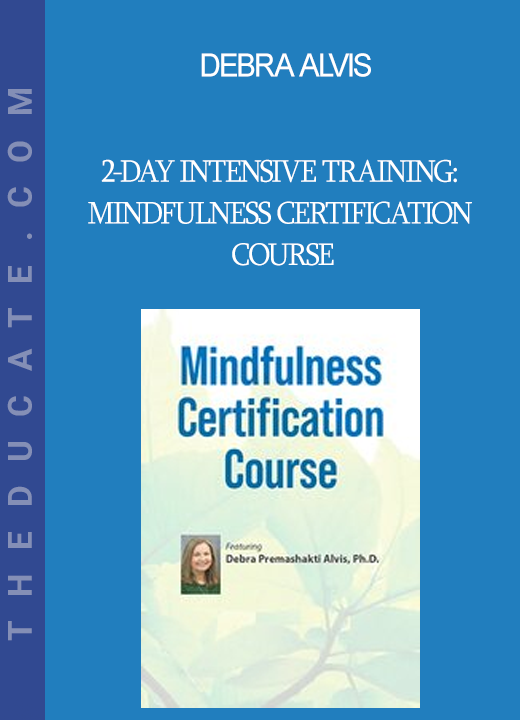
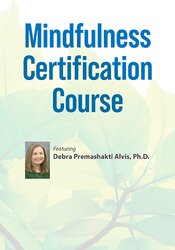

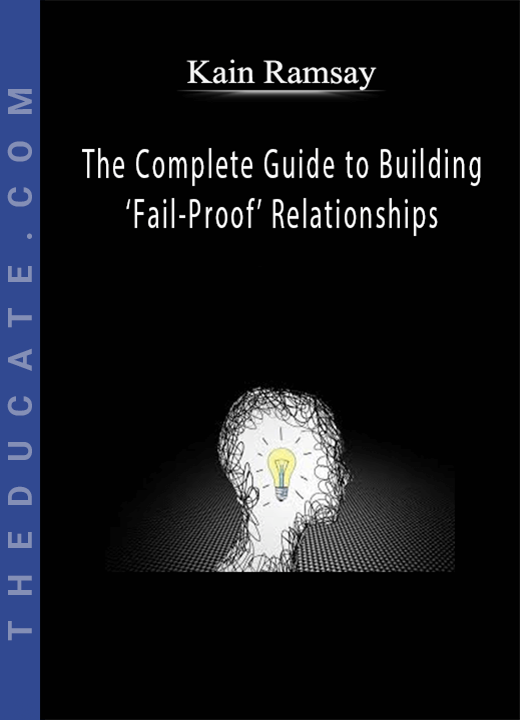

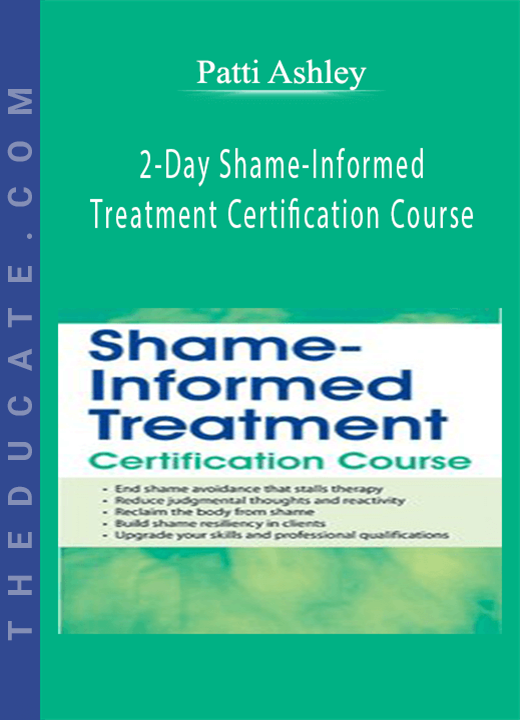
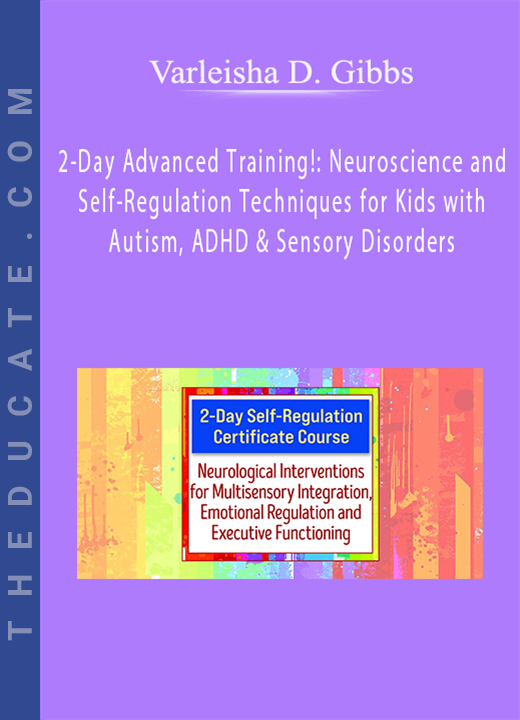
Reviews
There are no reviews yet.